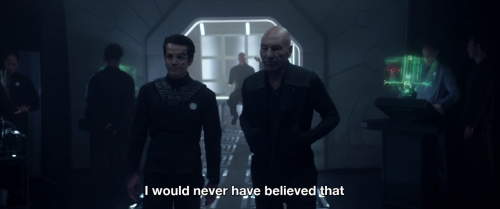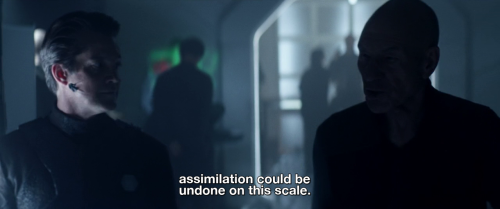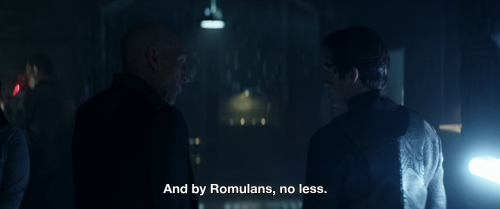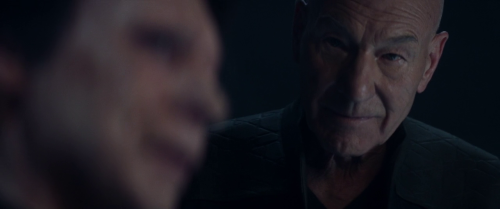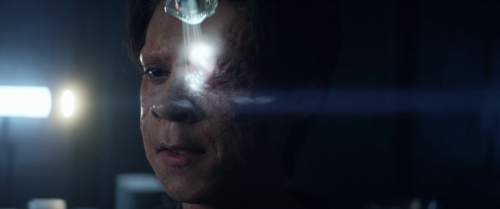whatwegrowbeyond:Not too long ago, I read an article about an Australian novelist named Heather Morr
whatwegrowbeyond:Not too long ago, I read an article about an Australian novelist named Heather Morris who falsified stories about a kapo at Auschwitz. The kapos were inmates who were given roles within the camp hierarchy by the Nazis. This particular kapo was a Slovakian teenager who was brought to the camp in 1942. The novel paints her as a suffering saint, who dished out harsh treatment on those under her in order to deliver them from a far worse fate.The article’s author discovered that the young woman was far from the saint the novelist painted her as, and that even her surviving family’s reverence for her was deeply misplaced. One survivor, who had the misfortune of encountering her in the camp recalled a brief interaction they’d had, when she’d asked this young woman why she acted the way she did.We were alone in the infirmary, and no sooner had I popped the question than fear overwhelmed me. But she answered me calmly: “You probably know that I put my own mother in the car that took her to the gas. You should understand that there remains for me nothing so terrible that I could not do it. The world is a terrible place. This is how I take my revenge on it.”Trauma is a hell of a thing. Insidious. Lingering. It doesn’t ever go away; it mutates, transforms itself, becomes a part of us, lodges itself into every corner of our psyches. Black spots on our personalities, traumatic metastases, and those metastases change who we are, how we respond to the world, how we interact with it. Not all of us who experience trauma become vengeful beasts. Most of us can live with it, most of us have to live with it, but it never really goes away.After the war, after the true depth of the horrors unleashed at Auschwitz, Belsen and Treblinka became known, there was this desperate search for answers. There was a need to pathologise the perpetrators, to explain away their mundane and monstrous evils as the result of an underlying character or cultural defect. No such defect could be found, and this exposes the true horror of the Holocaust, of the Trail of Tears, of the Stolen Generations, of the Rwandan genocide and the Cultural Revolution and on and on and on: while individuals may be inoculated against the hatred and expediency that leads to these horrors, societies largely cannot be. Given the right circumstances, the right twists of fate, and without opposition, Nazis tend to crop up in one form or another.History, especially the grimier parts of it, is often sanitised, and the end result of this process is always the same—victims of traumatic events become saints, perpetrators become monsters, and the whole narrative is flattened. Historical trauma is made just that: historical, an event separate to the now which is to be measured and parsed, with good guys to be lionised and bad guys to be demonised.The kapo at Auschwitz did monstrous things. She did those things to survive. Is that a moral justification? Is she a monster? Is what she did understandable? There are moral absolutes, I’m sure of that, and she violated a good number of them, but there must also always be mitigating and aggravating factors taken into account when we judge monstrous acts.One benefit of fiction, especially speculative fiction, is that it helps us conceptualise the inconceivable in a way that is, by virtue of its being so divorced from real world experiences, safe for exploration of these horrors. The Borg are ravening, unyielding, a force of nature—like the hatred that leads to totalitarianism, which leads to camps, which is the end result of the dehumanisation which inevitably comes from the flattening of narrative.Like all fictional villains, the Borg offer us a lens through which to examine our trauma, both individual and societal, and a reminder that individual narratives are always more complex than the popular history might lead us to believe. Their modus operandi is the ultimate dehumanisation; their cubes are the ultimate camps. They are horrifying, but they offer us something; in surviving them, our heroes like Picard and Seven of Nine and Hugh, might suggest ways for us to heal. -- source link
Tumblr Blog : sustainedreactivedepression.tumblr.com
#picard spoilers
